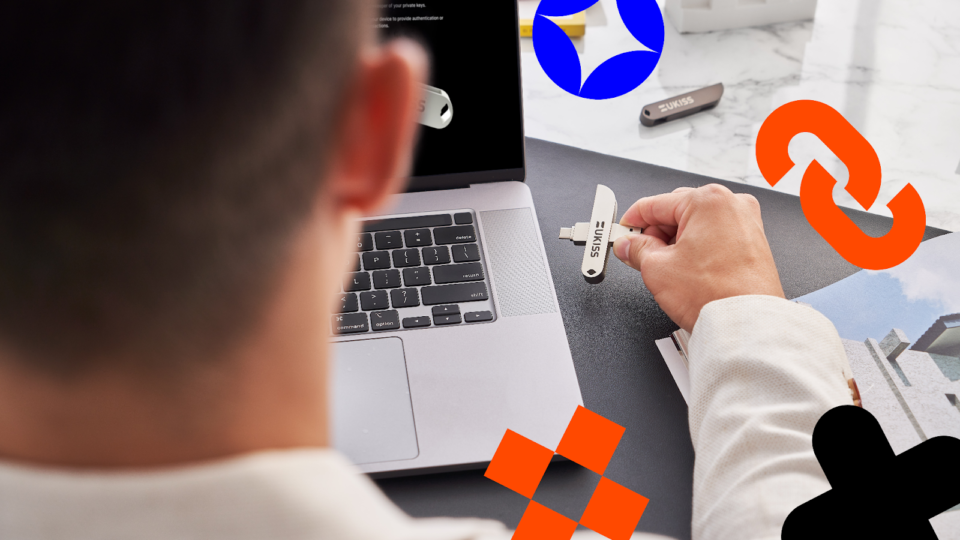Encryption is the superhero who has been quietly protecting us since the dawn of the IT age. We’re not trying to scare you — just keeping it real here — when we say: The internet is a dangerous place, now more than ever before. Those of you who agree know that this isn’t an exaggeration. The World Wide Web might appear shiny and friendly on the surface, but just like the physical world, it comprises people who want to help you and people who want to harm you. Many entities, even some corporations we love and trust, try to breach and make money off our personal data. Don’t let them win! One of the best ways of protecting yourself is with reliable encryption software and hardware.
What is encryption and what should you encrypt?
Since the invention of language, humans have been coming up with secret codes to convey messages confidentially. The application of encryption to 20th century warfare greatly spurred the advancement of encryption technology. It was difficult for unintended recipients of these messages to decrypt them, if they did not possess the specific key.
Today, encryption software and hardware are able to convert your private data into unreadable code that is virtually impossible to decrypt. Even governments don’t have access to your encrypted data. Only you, the user, would have the unique key to decrypt your confidential files and information.
Imagine if someone secretly watched you as you entered your PIN at the ATM, saw all your receipts, and listened intently when you shared personal details with close friends. Encryption prevents the equivalent of this from happening to you in the virtual world.
Your top priority should be encrypting your personal information and passwords. Next, encrypt work files that you share with colleagues, and emphasize cybersecurity do’s and don’t’s to your friends and family. If you trade online, it is crucial that you encrypt all information regarding your transactions and assets, including your access information (i.e. account names and passwords) and all communication via different messaging services.
Data security
If you are a crypto bro or crypto sis, you need to take online security extra seriously. Besides encrypting all information about your transactions and assets, you should also be trading your cryptocurrency via safe channels, such as legitimate, secure, and decentralized blockchains.
For a start, move the encryption keys of your assets from hot (online) wallets to a cold (offline) wallet. If you use recovery phrases, encrypt your recovery phrase sheets. Just because a world-famous tech company gives you lots of free storage space on their popular cloud platform, it doesn’t mean that they will treat your personal info and confidential data with the utmost secrecy.
Are you storing your encryption keys in a secure wallet? Not all web-based wallets are safe, mobile wallets are better. The gold standard is the hardware wallet. What’s that, you might ask? Well, a hardware wallet safeguards your private keys, so that only the holder of the wallet can decrypt his or her encrypted files.
UKISS Hugware®, for example, keeps your personal information and information about your digital assets air-tight when you go on the internet. Two portable keys give you peace of mind: UKISS Technology’s Authentication-Key (A-Key) and Rescue-Key (R-Key). Plug the A-Key into the computer when you surf and transact. If you ever, god forbid, lose your A-Key, your R-Key has backed up the same set of encryption keys, which you can access again immediately. Most wallets require users to jot down up to 24-word recovery phrases, but what if someone saw that document or what if you lost that piece of paper with your phrases? UKISS Technology’s patented R-Key doesn’t require recovery phrases and helps you avoid that disaster. UKISS Hugware® is now on sale at ukiss.io/shop/.
So that’s the lowdown on encryption. If you are concerned about your digital security, we’ve created a quiz together with UKISS. Do you use free public wifi often? Do you take photos of your various passwords or save them in note-taking apps? Take this quiz to find out if your online habits are endangering you or keeping you safe in the digital world.
Note: Coconuts Media is not a financial services company, does not provide financial advice, and is not a qualified expert in the storage of digital assets—financial or otherwise. This article is part of a paid partnership with UKISS and is for educational purposes only.






